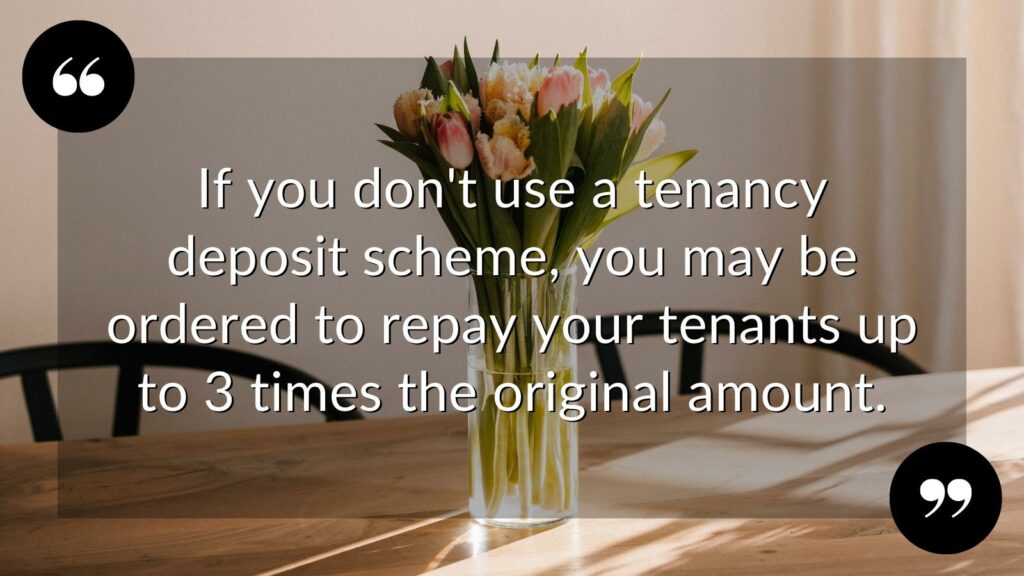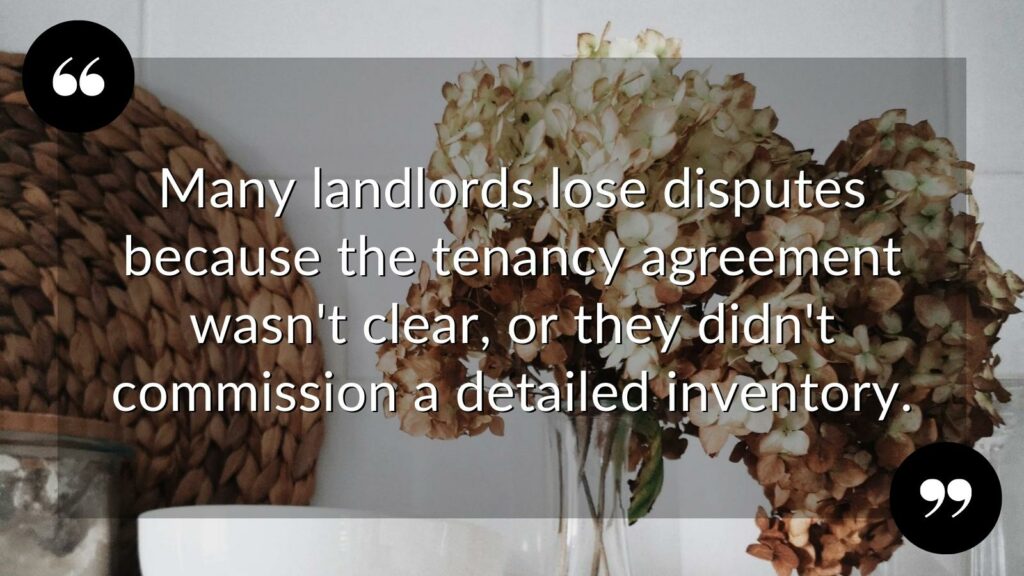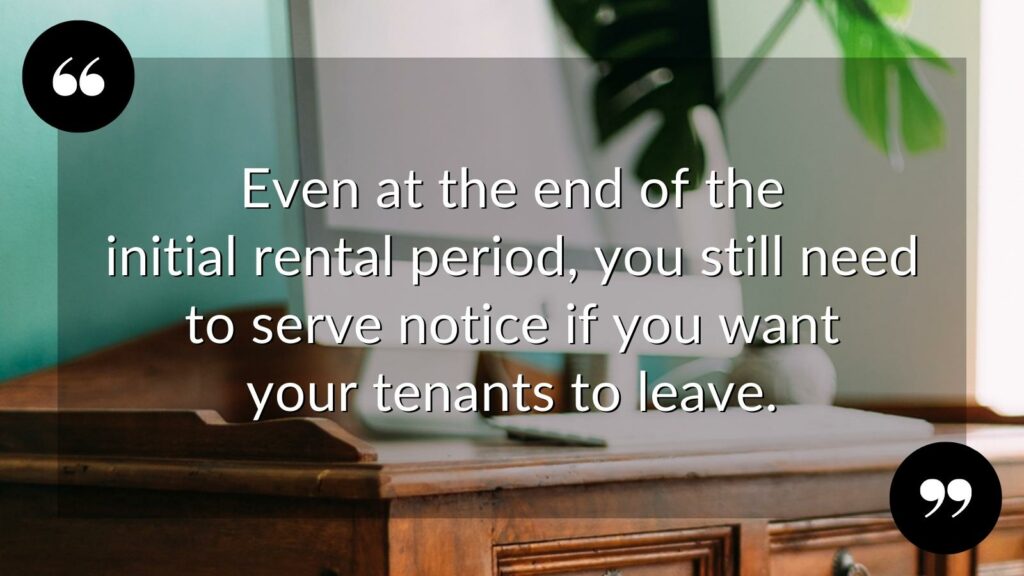Every landlord needs to follow around 170 different pieces of lettings legislation, so you’re not al...
Every landlord needs to follow around 170 different pieces of lettings legislation, so you’re not alone if you’re feeling flummoxed by so many rules and regulations. So, how do you stay on the right side of the lettings laws?
Even though we let and manage rental homes every day, we still need to set aside time to keep track of changes to the law and landlords’ responsibilities to ensure we stay on the right side of the lettings laws. And to make sure we get everything right and done on time, we need watertight systems, reminders and checks.
Does this mean that being a landlord is difficult or unprofitable? No, but it can be time-consuming when there’s so much to know and do. You can also be fined or taken to court if you get things wrong.
Some of the biggest misunderstandings we see among landlords and tenants are also some of the most important. So our blog this week covers what you can, can’t, must and mustn’t do, to keep you on the right side of the law for smooth and successful tenancies.
BLANKET BANS ON CHILDREN AND PETS
Contrary to popular belief, you can decline tenants with children or pets. However, they’re often the tenants who stay the longest, which means fewer changeovers, void periods and fees for you.

But that doesn’t mean you should accept just anyone, and there are times when it’s right to refuse politely, including when:
- a pet is unsuitable due to its size or the amenities of your property (for instance, large dogs aren’t suitable for small homes with no outside space)
- a tenant’s work or lifestyle arrangements mean their pet(s) being left alone for overly long periods, which could lead to damage to your property or noise disturbance
- a family is too large for the accommodation (i.e. two parents with two children are clearly not a good fit for a one-bedroom home).
We find that asking the right questions and using our experience and intuition weeds out the best tenants. Then we add clauses to tenancy agreements that cover children and pets to clarify how tenants should return a property, which protects our landlords and gives them peace of mind.
REFERENCING, FEES AND DEPOSITS
The Tenant Fees Act made landlords responsible for the costs of referencing, credit checks, creating tenancy agreements and preparing inventories. However, there is still some confusion among landlords and tenants over any exceptions and what is mandatory or optional. So let’s clear that up.

- There’s no legal requirement for references and credit checks, but skimping on them is a false economy. They’re essential to gauge a tenant’s stability and ability to pay the rent, and you’ll need them to qualify for rent guarantee insurance (a sensible precaution right now).
- Holding deposits up to 1 week’s rent can be held for 15 days. They must be returned as either payment towards the rent or security deposit, or refunded if the tenancy doesn’t proceed (unless the tenant withdraws or gives misleading information, which makes them unsuitable).
- You can take a security deposit of up to 5 weeks’ rent (6 weeks for rents over £50,000 a year) which you must protect in a tenancy deposit scheme within 30 days, and tell your tenants where. If you don’t, you could be ordered to return it and even repay up to 3 times the original amount. You could also limit your ability to regain possession of your property.
- You can charge your tenant up to £50 each time (unless you can prove your expenses were higher) for adding a pet or new name to the agreement during the tenancy, but not for any additional referencing and credit checks.
- You’re also allowed to charge your tenants for lost keys, and to add interest at 3% plus the Bank of England base rate to rent payments over two weeks late.
Crucially, you can only charge any of these costs if you set them out clearly in the tenancy agreement. Penalties for illegally charging tenants start at £5,000 for a first offence, rising to £30,000 and possible criminal prosecution if the offence is repeated within five years.
MAINTENANCE & MID-TERM INSPECTIONS
Inspecting your rental property during a tenancy and keeping on top of maintenance is an essential part of having an excellent relationship with your tenant and keeping your repair costs down. However, there are some rules to remember and boxes to tick.

- Unless it’s an emergency, you cannot enter your rental property without your tenant’s permission, even if you’ve given 24 hours’ notice.
- Keep an eye on the expiry dates of safety checks and certificates for electricity, gas, smoke alarms and energy performance – make sure they’re renewed on time to avoid a hefty penalty.
- You are legally responsible for maintaining the structure of your property, so check for damp, mould, blocked gutters, slipped roof tiles, cracked render, rotting woodwork and tell-tale signs of leaks on ceilings, under sinks and next to boilers and water tanks.
It’s really worth getting all of these right, because the knock-on effects of getting them wrong can be substantial, from deteriorating relations with your tenant, to large repair bills that could have been avoided by spotting problems early on, to legal costs, financial penalties and even prison.
HANDLING ARREARS & DISPUTES
At some point in your life as a landlord, you’ll probably have to deal with missed rent payments or some sort of disagreement. It pains us to say it, but most landlords lose disputes because they didn’t set their tenancies up correctly in the first place, or because they handled things in the wrong way.

Here’s how to do it right.
- Stay calm. Although the situation may be frustrating, letting your temper get the better of you rarely gets the result you want. And it’s illegal to threaten or harass your tenant.
- Get onto arrears right away, in a firm but fair manner. If your tenant can’t pay everything back at once but wants to stay, agree a payment plan they can stick to.
- Make sure you start the tenancy with a professionally prepared and signed inventory with photographs – without one, you’re almost guaranteed to lose any dispute or claim.
A big reason why landlords use managing agents is to keep a degree of separation and perspective in the event of arrears and disputes. Give us a call on 01363 777 999 if you’d like us to manage your rental property for you, or take a look at our article on deposit disputes to find out more about winning them.
GETTING YOUR PROPERTY BACK
Different rules for different parts of the UK affect the way landlords can regain possession of their properties. The law is broadly similar for England, Wales and Northern Ireland, but not for Scotland, so it’s essential to understand the rules wherever you own rental homes.
There are lengthy government pages covering tenancy law in Scotland and the rest of the UK, but here are some of the main points for regaining possession of your property:

- Don’t be tempted to change the locks, no matter how difficult or behind with the rent your tenants are. This is a serious offence, and you must go through the correct legal channels.
- You can service a Section 21 notice in England, Northern Ireland and Wales without giving a reason, subject to at least four months of the tenancy having run, and not before the minimum fixed period ends.
- If you haven’t protected the tenant’s security deposit, or if the local authority has served notice on you for repairs, you’re not allowed to serve a Section 21 notice.
- In Scotland, Section 21 notices have been abolished, and you can’t serve notice without reason if your tenants aren’t at fault. However, you can regain possession if you wish to refurbish the property, move in, or sell.
- Where your tenants are seriously behind with their rent, engaging in anti-social behaviour, or otherwise breaching their agreement, you can serve a Section 8 Notice (known as a Notice to Leave in Scotland), even during the initial fixed term.
On a final note, regardless of whether any eviction bans are in place, going through the courts to regain pattern possession of your property is a lengthy process. The onus is very much on landlords to supply perfect paperwork, and the courts tend to side with tenants when notice is incorrectly served.
Are you on the right side of lettings law?
With so much to know and ever-changing rules, even the most knowledgeable landlords can still make mistakes. So if you’re a landlord in Mid Devon and you want to be sure you’re on the right side of lettings law, why not get in touch?
Give us a call on 01363 777 999 or email us at property@helmores.com – we’re here to help and to keep your rental homes legal, let and loved.



 posted by
posted by 


Share this with
Email
Facebook
Messenger
Twitter
Pinterest
LinkedIn
Copy this link